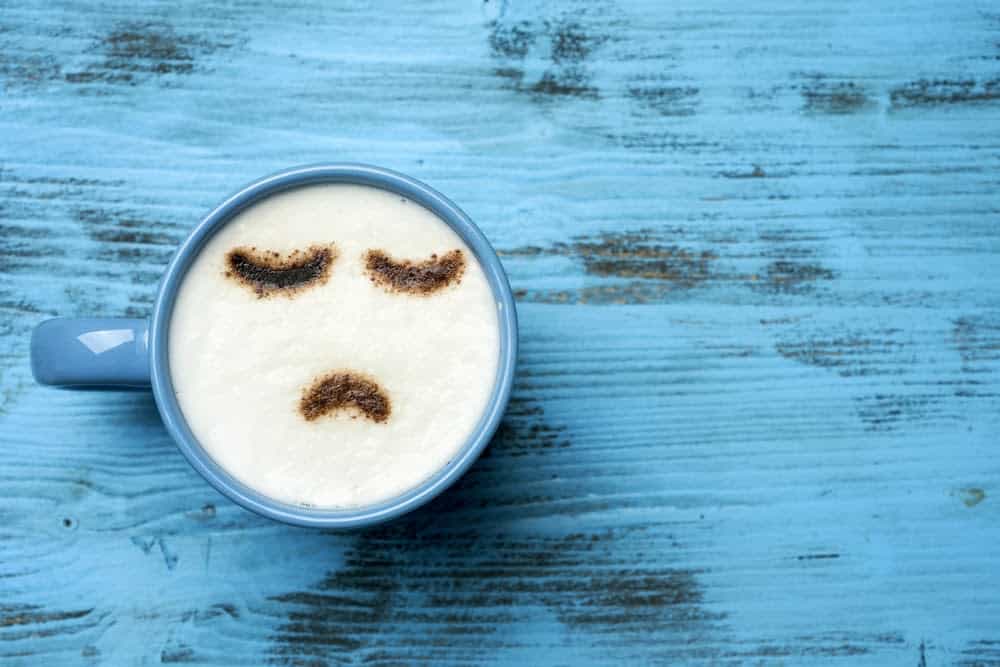Seasonal depression, also known as Seasonal Affective Disorder or SAD, affects a majority of people during the winter season. It is a disorder that impacts the mood of an individual at the same time every year, especially during the winter months when the days are darker and shorter, and the weather is more severe. Besides changing a person’s mood, the disorder can change their appetite and energy levels as well as different facets of life.
Roughly one to two percent of the population falls prey to this depression, although it is more common among young people and women. Typically the disorder starts in winter and continues until spring and even into the early parts of summer. The disease manifests severely in some people and mildly in others. If you suffer from seasonal depression, the symptoms are more likely to appear at the same time every year. No matter how severe the level of depression may be, this disorder can be treated. Seasonal depression is more commonly seen in countries located at a higher altitude and in regions that stay cloudy and dark during the winter.

Symptoms of Seasonal Depression
The symptoms of seasonal depression start out light in the beginning and become increasingly severe, depending on a person’s geographical boundaries and genetic factors. Usually, the symptoms stay at their peak during the harsh and cold days of winter. Fortunately, the symptoms start withdrawing when the days become brighter and sunnier, which is common during the early days of summer. When the symptoms of seasonal depression begin to impact your life severely, it is time to seek professional help.
People suffering from seasonal depression experience bouts of anger without any reason and frequently feel irritable. If you are feeling angry or irritated in situations that require you to stay calm during the cold days of winter, you can visit a clinical psychologist for help. Often, people suffering from SAD may cry without any trigger or warning.
